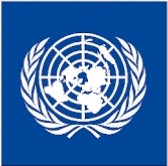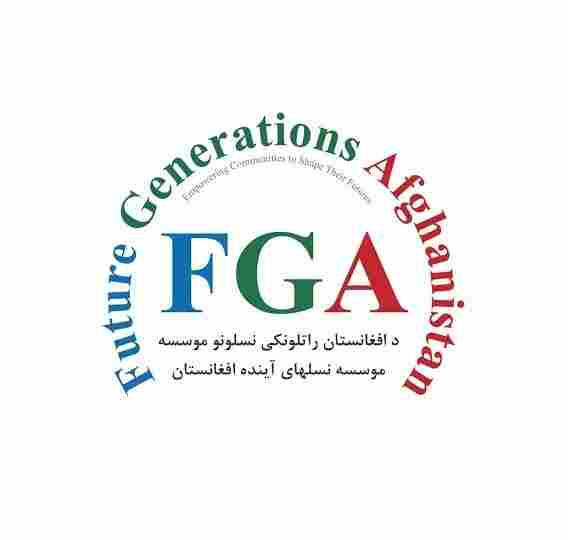UNDP is the leading United Nations organization fighting to end the injustice of poverty, inequality, and climate change. Working with our broad network of experts and partners in 170 countries, we help nations to build integrated, lasting solutions for people and planet. UNDP has been working in Afghanistan for more than 50 years on climate change and resilience, gender, governance, health, livelihoods, and rule of law.
Following the power shift in August 2021, the situation for the country remains largely unchanged, with the majority of Afghans facing increased vulnerabilities affecting their well-being, safety, and security. Among the major challenges, that directly affect human needs and their socio-economic recovery, half of the population, especially women, are disproportionately affected by their limited freedom of space, mobility, their limited rights to education, access to health services, and their right to earn livelihoods, and their participation in the governance system and public life. Currently, for essential needs, the urgency of the interventions has intensified due to continued neglect of development interventions and focus on humanitarian aid. The absence of an internationally recognized government, and the continued challenge of coordination with the de facto Authorities (DFA) at the national, and provincial levels, continue to test how partners deliver critical services at the provincial level with coherence, which is further exacerbated by the disconnection between the central and local levels in regulations and guidelines.
To reduce deteriorating poverty and vulnerability, UNDP Afghanistan is supporting a localized, integrated response to strengthen local community socio-economic resilience and recovery. Through its Transitional Country Programme Strategy (TCPS) for 2024-2025, UNDP is supporting the restoration of basic services including access to green energy, fostering economic empowerment, especially for women, through livelihoods and private sector recovery including access to finance, tackling climate change and disaster risk reduction, and strengthening social cohesion. UNDP is on the ground helping with the recovery and resilience of communities in dealing with multiple crisis (i.e. affected by drought, floods, earthquakes, poppy bans, internally displaced and returnees from Pakistan).
Afghanistan remains one of the most gender-unequal countries in the world, with women facing systemic discrimination, reduced access to education, employment and livelihoods, healthcare, and justice. Despite the restrictions, UNDP remains committed to women's empowerment through capacity-building initiatives, livelihoods and self-employment/employment support, enhancing gender-responsive decision-making at community level, and supporting local communities to include women, in line with UNSCR 1325 (Women, Peace, and Security).
Continuing efforts to promote the protection and promotion of human rights in Afghanistan are crucial, especially when there are significant risks to marginalized communities, such as ethnic minorities, women, and children.
UNDP adopts a portfolio approach to accommodate changing business needs and leverage linkages across interventions to achieve its strategic goals. This is a recognition of the interconnected nature of development risks and crises that the world is facing and that calls for assembling of multidisciplinary teams for an integrated & systemic response. Therefore, UNDP personnel are expected to work across issues, units, functions, teams, and projects in multidisciplinary teams to enhance and enable horizontal collaboration.







